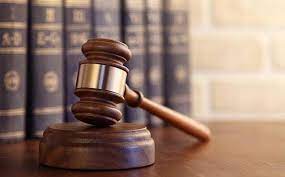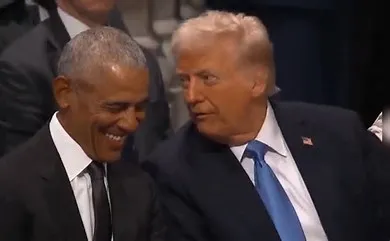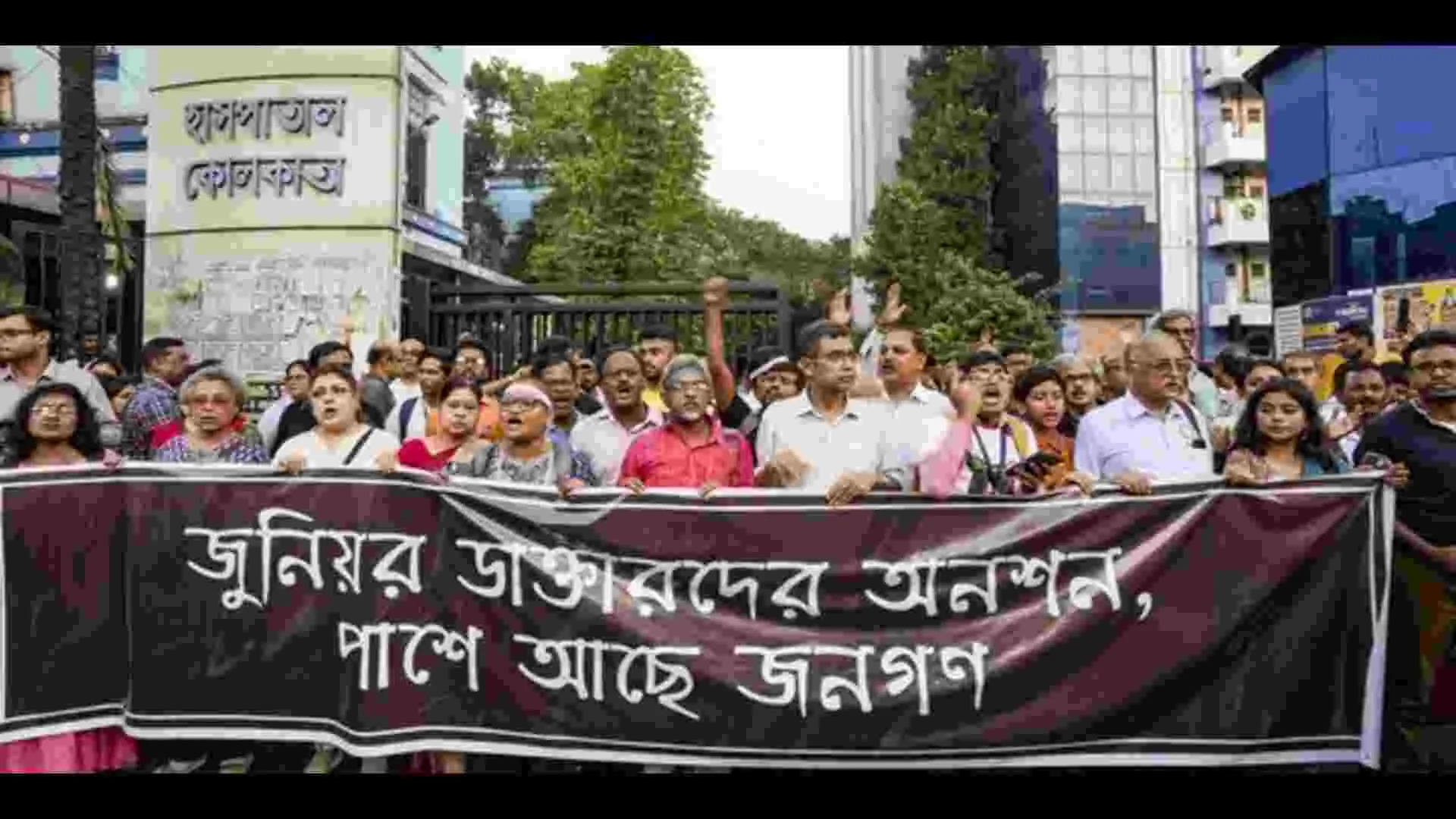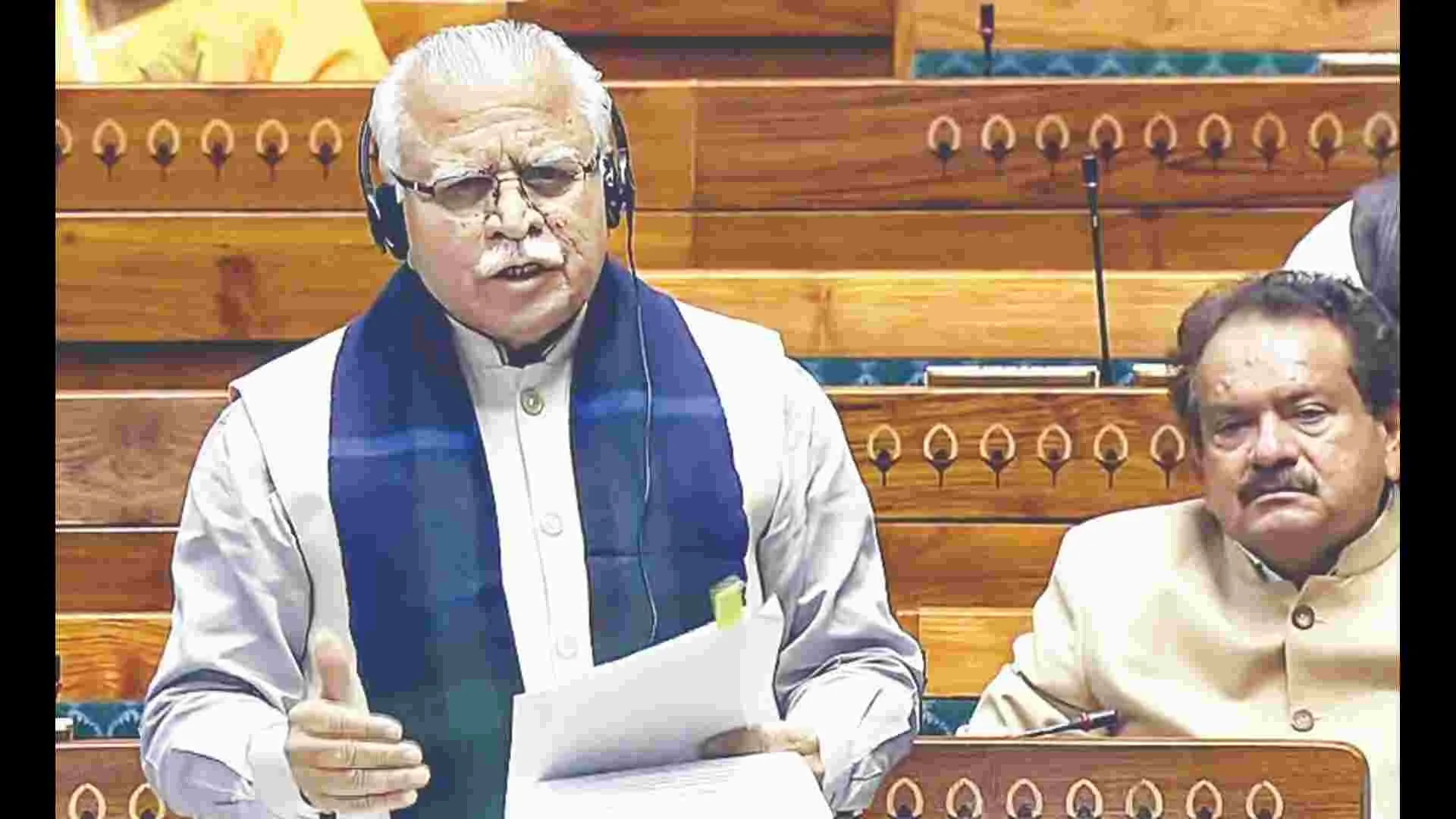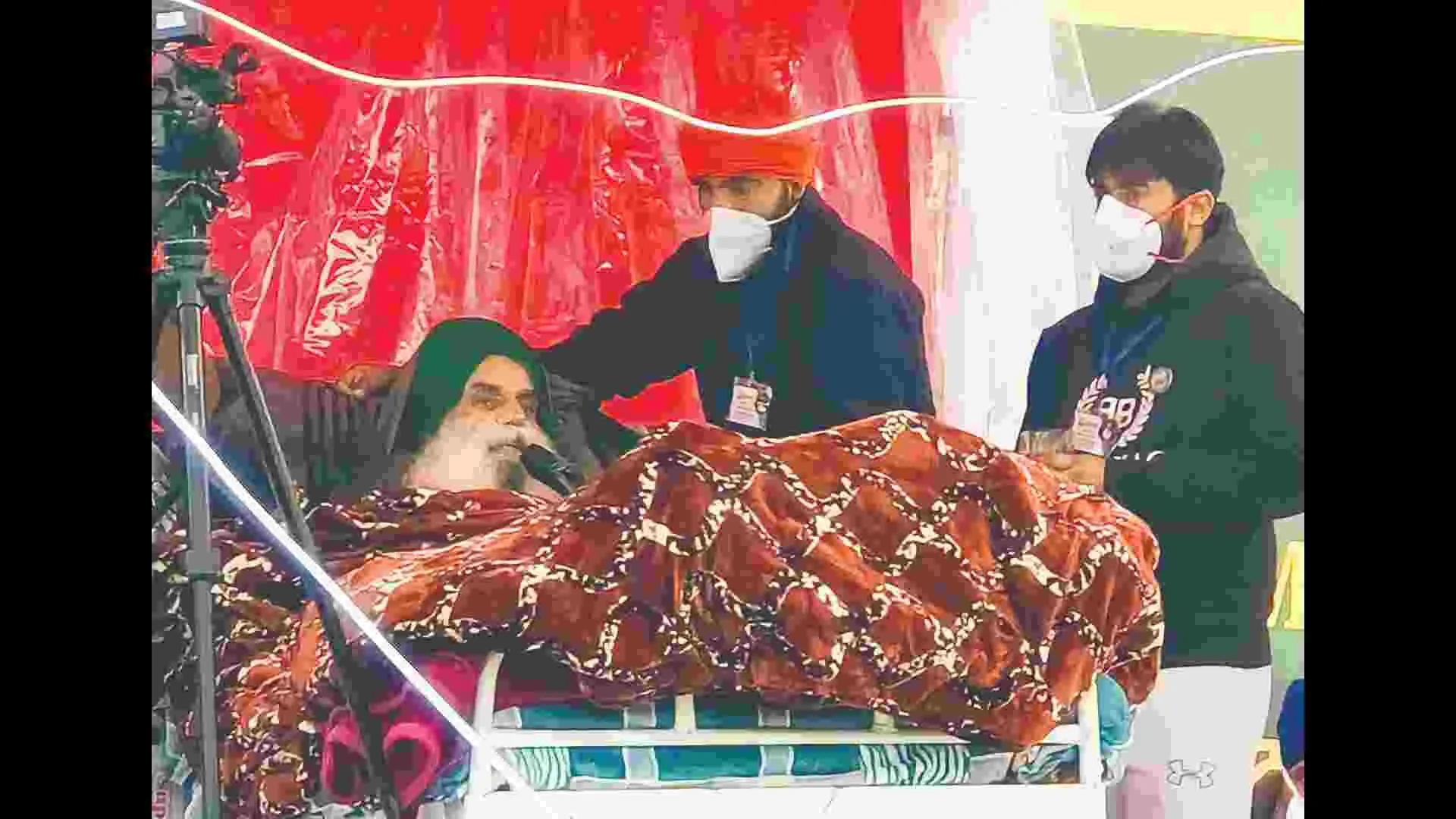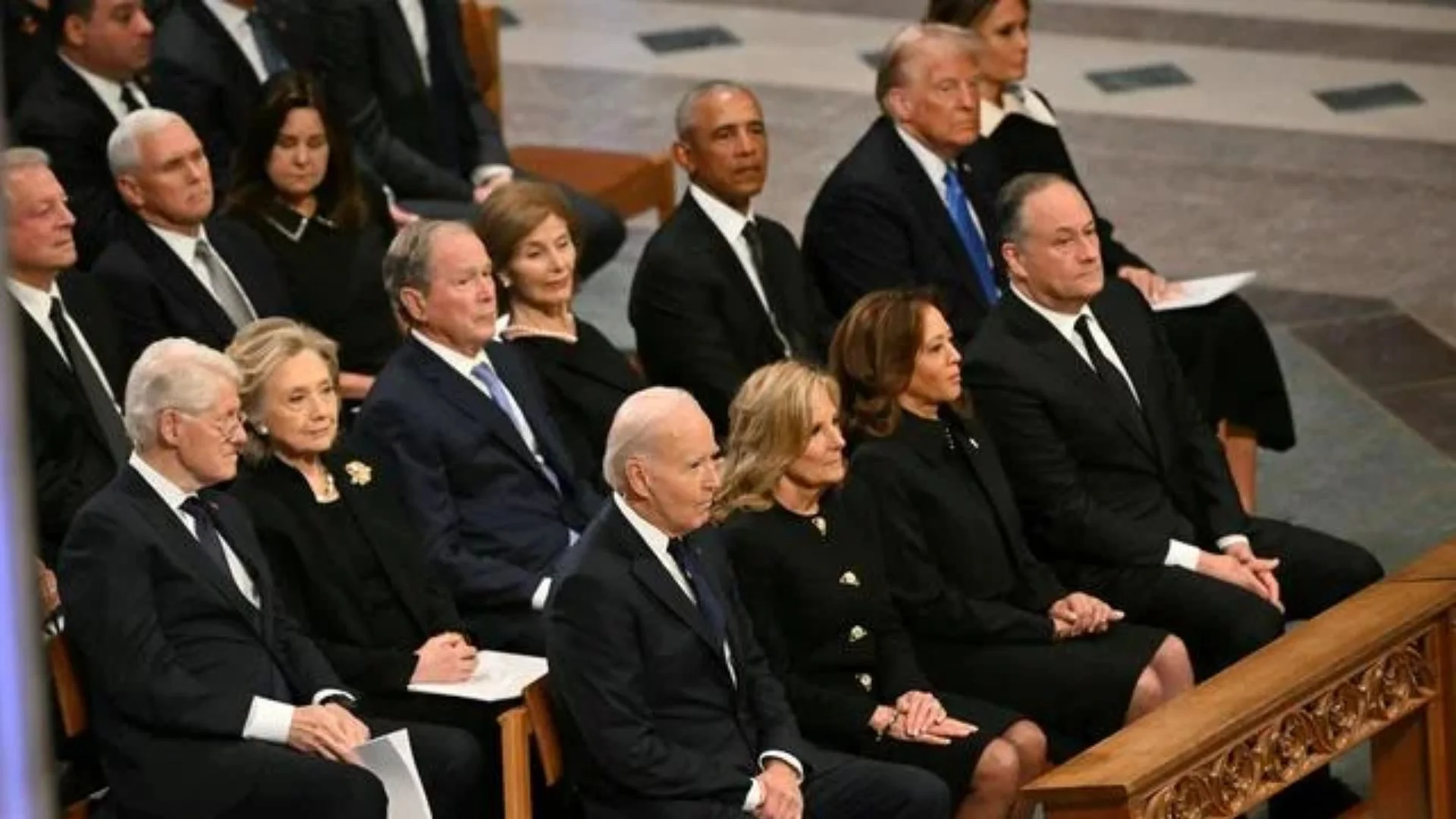The Supreme Court restored the alleged criminal charges against Latha Rajinikanth, wife of well-known actor Rajinikanth in connection with the Tamil film ‘Kochadaiiyaan.’
A bench of Justice AS Bopanna and MM Sundresh passed the order while hearing petitions challenging the Karnataka High Court judgement.
The court stated, “Accordingly, the SLP(Crl) No. 9818/2022 and SLP(Crl.) No. 8327/2022 is disposed of by restoring the final report filed. However, liberty is granted to the petitioner(s) in SLP(Crl.) No.8327/2022 to file an appropriate application, if so advised, seeking discharge.”
The case revolves around an allegation that Latha Rajinikanth presented a forged document before a Civil Court in Bengaluru to secure a media gag order concerning the reporting of a financial dispute related to payments for the 2014 film “Kochadaiiyaan,” which was directed by Rajinikanth’s daughter, Soundarya Rajinikanth.
The complainant in the case, an advertising company, contended that another company, M/s Mediaone Global Entertainment Limited, failed to honor its financial commitments concerning the film. It was alleged that Latha had provided a guarantee on behalf of M/s Mediaone Global Entertainment Limited but did not fulfill the guarantee when the film incurred losses.
In response, Latha approached a civil Court in Bangalore, seeking a restraining order against all the news agencies (numbering 70) to prevent the publication of news regarding allegations against her and her family. This injunction was granted in December 2014.
Subsequently, Ad Bureau Advertising Ltd filed a criminal complaint, alleging the presentation of a forged document before the Civil Court in Bangalore to establish jurisdiction and obtain an injunction order.
Latha challenged the registration of the complaint before the High Court in 2015. In 2016, the High Court dismissed the proceedings, categorizing it as a civil dispute. An appeal was filed in 2018 before the Supreme Court by the complainant, leading to the High Court’s order being set aside. The Supreme Court held that it was a triable case and that the entire complaint should not have been dismissed.
Following the Supreme Court’s directive, legal proceedings continued, and the police filed a chargesheet in 2021. The Magistrate took cognizance of the case and issued a summons to the respondent.
Unsatisfied with this development, Latha once again approached the High Court, which led to the impugned order in August 2022.
In the High Court, a bench of Justice M Nagaprasanna quashed the Magistrate’s order in part, specifically the portion related to taking cognizance of the final report under Indian Penal Code (IPC) Sections 196 (false evidence), 199 (false statement), and 420 (cheating).
However, the Court upheld the order regarding the cognizance under Section 463/465 of the IPC, which pertains to the offense of forgery.
Regarding the cheating case, the High Court concluded that there was no allegation of inducing the complainant to part with their property. As for Sections 196 and 199 of the IPC, the Court ruled that the Magistrate could not take cognizance of those offenses based on a police final report; instead, there should be a written complaint by the concerned Court. Nonetheless, the High Court found no grounds to interfere with the charges of forgery in the case. It clarified that the bar of cognizance did not apply when the document was alleged to be forged outside the court. Therefore, the allegation under Section 463 of the IPC against the petitioner and the cognizance taken by the learned magistrate concerning Section 463 of the IPC were left unaltered.
Both parties, aggrieved with the decision, approached the Supreme Court.

